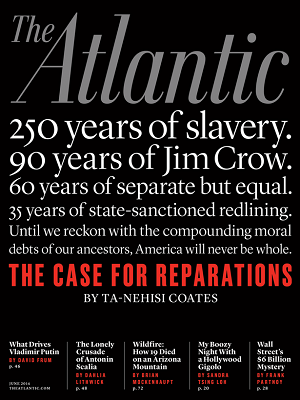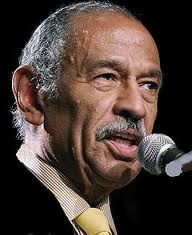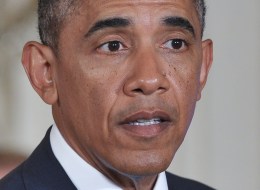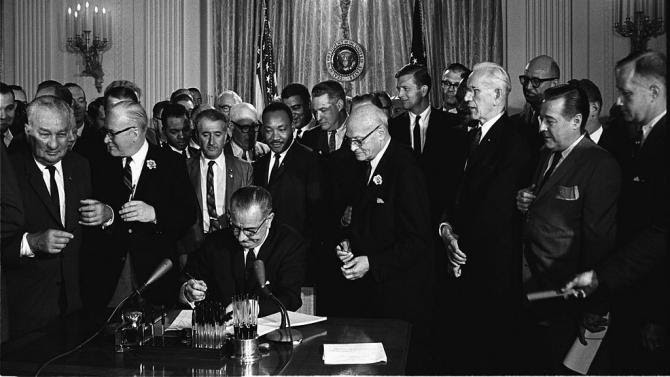By Don Rojas Picture this scene. It was almost surreal, improbable just a few years ago: a room filled with presidents, prime ministers and foreign ministers from the 15-nation Caribbean…

By Alyssa Rosenberg At the Sixth and I synagogue in Washington on Thursday night, people were reselling tickets out on the street as if a playoff game was taking place inside, rather…
By Lonnie Bunch “Though the slavery question is settled, its impact is not. The question will be with us always. It is in our politics, our courts, on our highways, in…

BRIDGETOWN, Barbados, Monday June 9, 2014, CMC – Prime Minister Freundel Stuart has cited traditional high Caribbean unemployment as a reason for current challenges to the National Insurance Service (NIS) fund that…

Reparations Conference at Chicago State University by Frederick H. Lowe U.S. Rep. John Conyers Jr. said he will re-introduce in the 113th Congress legislation that calls for a seven-member commission to…
This average death toll of Americans murdered in drug-related crimes is higher than the annual fatality rate of US soldiers in either the Afghanistan or Iraq war.
First, congratulations are in order to the people of Antigua and Barbuda and their relevant State institutions for yet again being fully engaged…
WASHINGTON, Jun 26 2014 (IPS) – The staff at the International Monetary Fund (IMF) has issued an unusually stark warning over the lack of harmonised global tax policies…
African countries are coming under strong pressure from the United States and the European Union to reverse the decision adopted by their trade ministers to implement the World Trade Organization’s trade facilitation agreement on a “provisional” basis.

As the votes were tallied for the 2008 presidential election, conservative pundit William Bennett weighed in on the election’s significance.

Fifty years ago today, President Lyndon Johnson signed the Civil Rights Act into law.
Graduate school prepares students for a range of intellectual and professional endeavors. Unfortunately, responding to scholarly insults and academic shade-throwing isn’t one of them.














